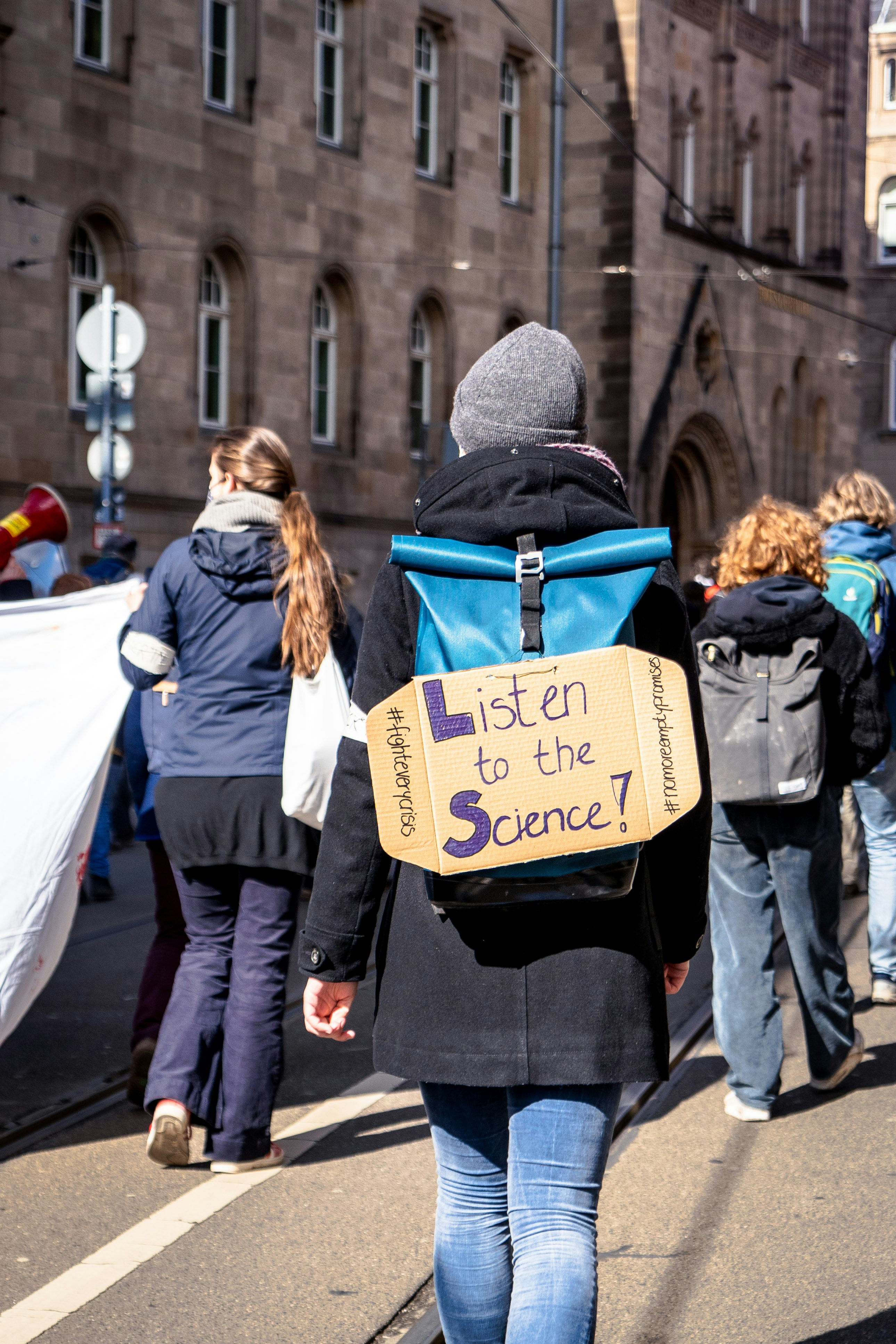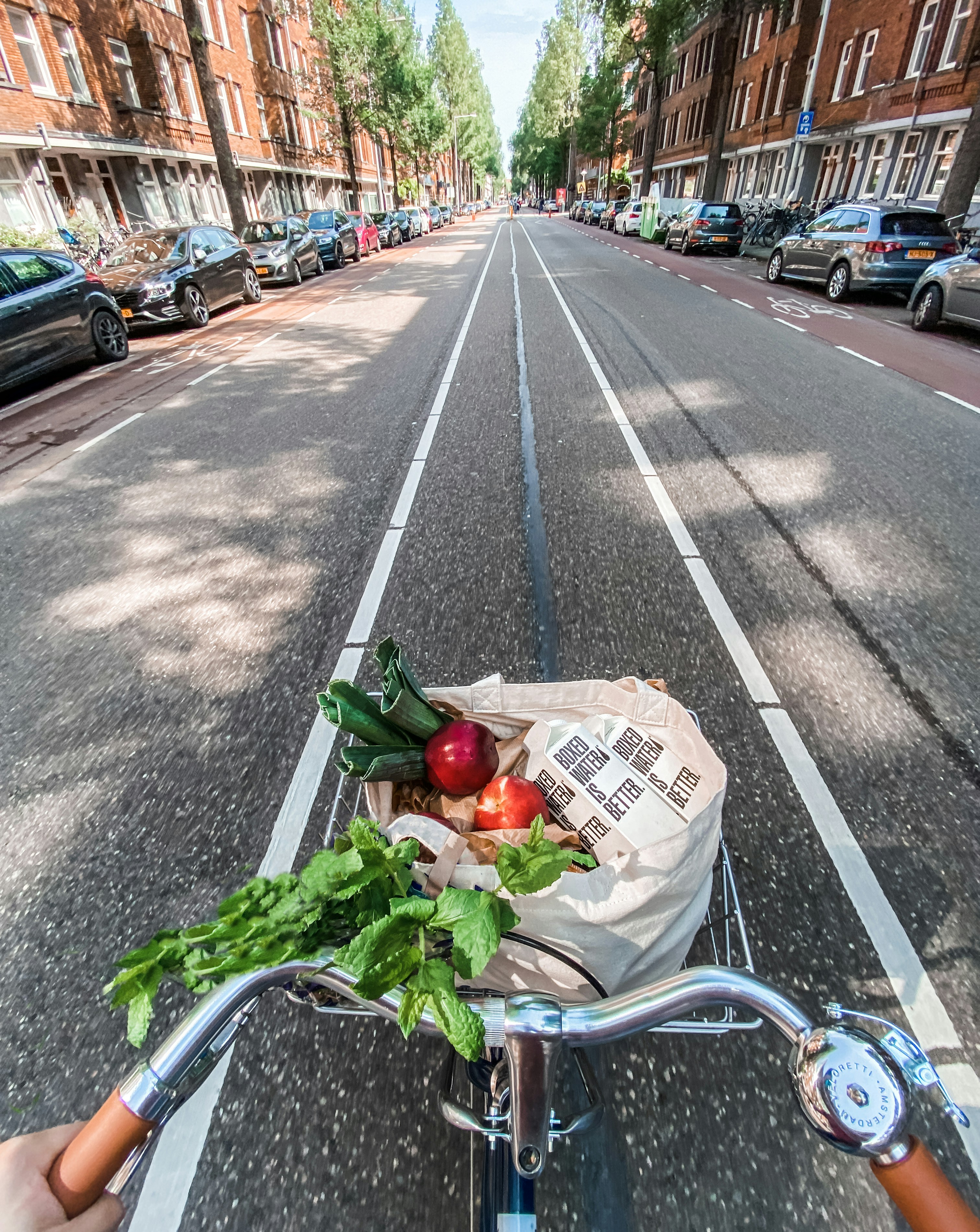Exploring the Vital Environmental Topics in Our ‘Stranger Environment’
October 31, 2024 | by gohar.ayub714@gmail.com
 Photo by wd toro 🇲🇨 on Unsplash
Photo by wd toro 🇲🇨 on Unsplash Understanding the Impact of Climate Change
Climate change represents one of the most pressing challenges humanity faces today, rooted primarily in the rise of greenhouse gas emissions due to human activities. The burning of fossil fuels, deforestation, and industrial processes contribute significantly to the accumulation of carbon dioxide and other greenhouse gases in the atmosphere. This process traps heat, leading to rising global temperatures and altering the Earth’s climate systems.
The repercussions of climate change are far-reaching and multifaceted. Rising temperatures lead to increased frequency and severity of extreme weather events, such as hurricanes, floods, and droughts. Ecosystems are profoundly affected, with many species facing habitat loss and increased extinction risk as their environments transform. Furthermore, persistent changes in weather patterns disrupt agriculture, threatening food security and economic stability in numerous regions around the world.
Human health is also at stake, as climate change exacerbates air and water quality issues, promotes the spread of infectious diseases, and increases heat-related illnesses. Vulnerable populations, including those in low-income communities and developing countries, are disproportionately affected due to their limited resources to adapt to these changes. This raises questions about climate justice and the need for equitable solutions that address the needs of all communities.
Addressing climate change requires immediate and concerted action at both global and individual levels. International agreements, such as the Paris Agreement, aim to unify efforts in reducing greenhouse gas emissions and limit global warming to well below 2 degrees Celsius. However, these commitments must be matched by local actions and behaviors, promoting renewable energy sources, enhancing energy efficiency, and encouraging sustainable practices in daily life.
This urgent need for a collective response highlights the importance of raising awareness and fostering dialogue among policymakers, businesses, and the public. It is imperative to engage in discussions on climate change to ensure a sustainable future for generations to come.
Promoting Sustainable Practices for a Greener Future
As the urgency of addressing environmental challenges grows, promoting sustainable practices has become imperative for both individuals and communities. Adopting renewable energy options, such as solar panels or wind turbines, is one way households can significantly reduce their carbon footprints. These energy sources not only help in decreasing greenhouse gas emissions but also foster energy independence. Investing in energy-efficient appliances and supporting policies that promote renewable energy can create a more sustainable energy landscape.
Waste reduction strategies form another core aspect of sustainable living. Individuals can practice the principles of the “3 Rs”: reduce, reuse, and recycle. By minimizing single-use plastics, opting for reusable products, and properly recycling materials, we can significantly lessen the amount of waste sent to landfills. Communities can amplify this effect through organized recycling programs and educational initiatives that raise awareness about sustainable waste management practices.
Water conservation is equally critical in fostering a greener future. Simple methods, such as fixing leaks, using water-efficient fixtures, and opting for drought-resistant landscaping, can lead to substantial water savings. Communities can promote awareness by implementing water-saving campaigns and offering incentives for the adoption of water-efficient technologies.
Biodiversity preservation is a cornerstone of sustainability. Supporting local wildlife habitats, urban green spaces, and sustainable agriculture ensures the health of ecosystems. Community initiatives that focus on planting trees, conserving native plants, and protecting wildlife can cultivate a rich biodiversity that benefits all residents.
Individual action is powerful, yet collective efforts are vital in creating substantial change. Advocating for policy reforms that prioritize environmental sustainability can drive large-scale change and bolster community resilience. By engaging in grassroots movements and collaborating with local organizations, individuals can champion sustainable development goals to foster a greener future for generations to come.
RELATED POSTS
View all



